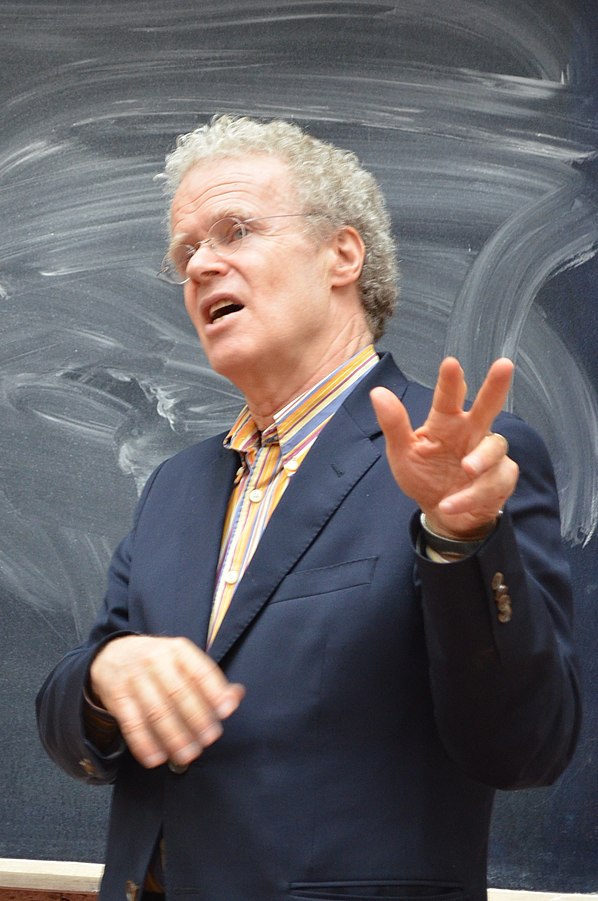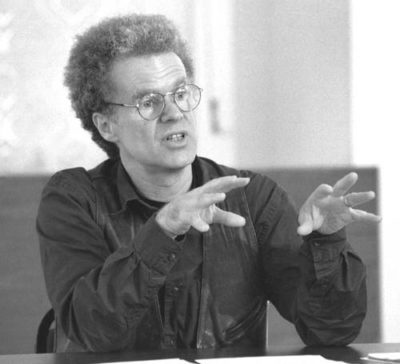Keith Mann
January 28, 2019

Erik Olin Wright, a professor of sociology at the University of Wisconsin in Madison and a leading radical academic sociologist died from Leukemia on January 23. His voluminous research and publications on social class and engagement with Marxism made him one of the most prominent intellectuals associated with Marxism in the US in recent times. The present brief remarks are not intended to take the place of the sustained reflection his work merits, which will surely follow.
Wright’s life and work reminds us of the diversity of intellectual production inspired by Karl Marx and Frederick Engels. Marxist theory developed within the socialist and labor movements where organic intellectuals from the working class like the nineteenth century German Social Democratic leader August Bebel interacted with university-trained scholars from more privileged social milieus. Academics with various degrees of connection to the labor and socialist movements have also made contributions to socialist and Marxist thought. Some like Wright, and Columbia University professor of sociology C. Wright Mills before him, drew on Marx as part of their radical critiques of US society without fully committing to Marxist methodology and politics.
In the depths of the cold war, Mills published critical studies of social class and the US power structure from a broadly Marxist perspective. He also took on US imperialism with “Listen, Yankee!” his defense of the Cuban revolution. Like Wright a few decades later, Mills developed an analysis that combined Marx with bourgeois sociologist Max Weber. Wright made a noble attempt to offer a Marxist-inspired analysis of the post war US class structure. One might not agree with his heavy reliance on Weber who unlike Marx, did not see exploitation as central to social stratification, but his attempt to grasp the shape of the US class structure is highly useful for socialist scholars and ultimately activists.

As Marx and Engels noted in the Communist Manifesto, the ruling ideas of every age are the ideas of the ruling class. In the US, the 1% has always promoted notions of individualism in education and the broader culture to counter the ideas of class and class conflict. Through works like his 1997 book, “Class Counts” Wright helped carve out a space for class analysis and Marxism in the academy at a time when post modernism and its reflections in the social sciences and labor history under the “linguistic turn” challenged the very notion of class as an analytical concept. Wright’s use of categories such as contradictory class locations is particularly useful to grasp class differences at their margins, questions of consciousness and false consciousness, and it compliments Antonio Gramsci’s work on culture and ideological hegemony.
Another strand of Wright’s work was devoted to socialist alternatives to capitalism. In dialogues with other left scholars, and works such as Envisioning Real Alternatives (2010) he argued in favor of controlled markets and the role of alternative institutions that would erode capitalism and thus pave the way for socialism. While many revolutionary socialists would differ with much of these ideas on grounds of Marxist theory and historical experience, the broad dialogue on socialism that he organized can only benefit the socialist project as a whole.
The class struggle takes place in many arenas including the ideological. Eric Olin Wright’s work helps provide ideas that strengthen the side of workers and the oppressed. He leaves us at a moment when the socialist movement is larger than it has been in decades. As young activists join the struggle for socialism, they will find much of value in Wright’s work and legacy.
